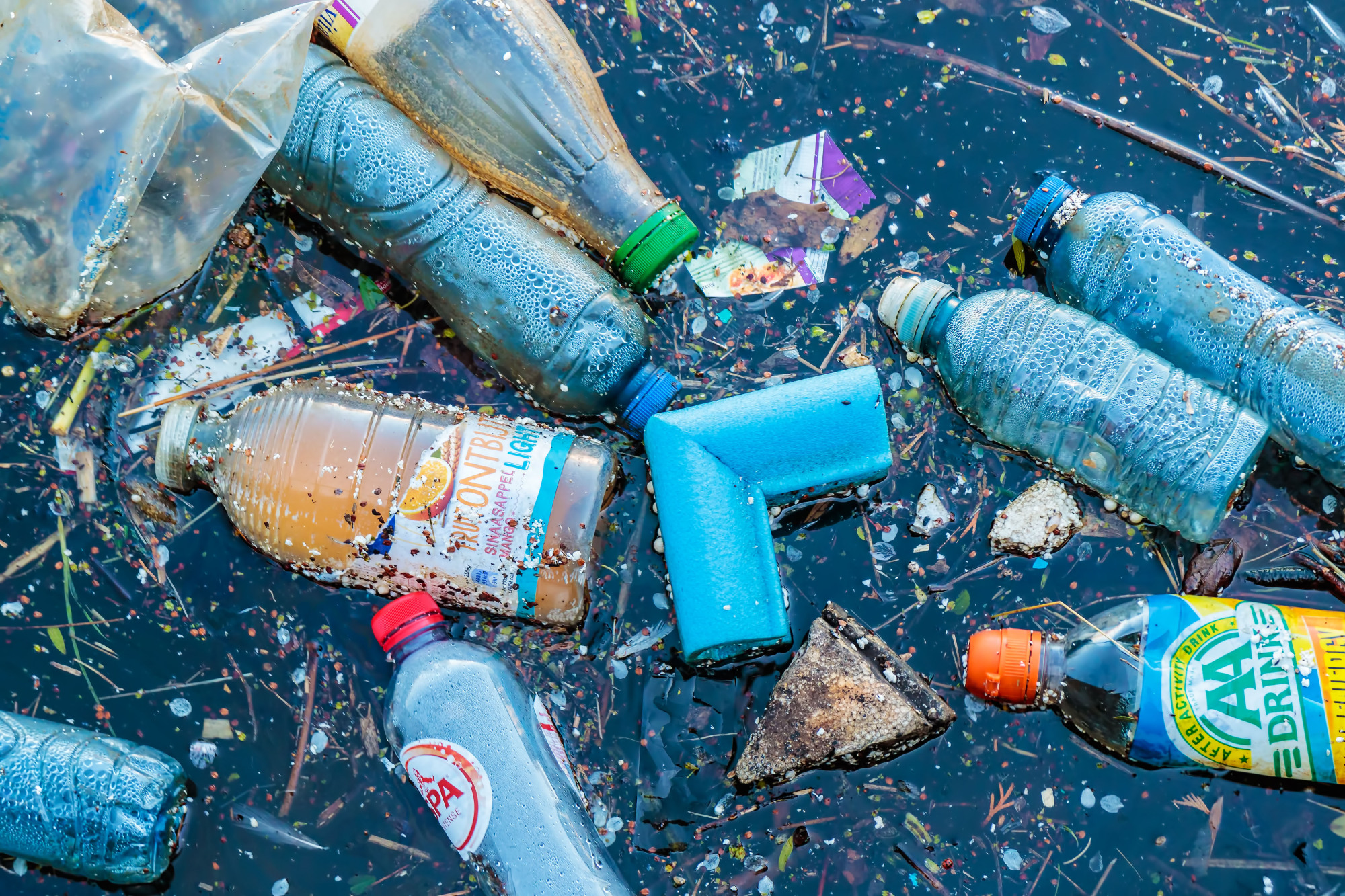The two-day Group of 20 Osaka summit concluded June 29 with a leader's declaration that included two important issues relating to oceans: the G20's Osaka Blue Ocean Vision to tackle marine plastic waste, and ending illegal, unreported and unregulated (IUU) fishing so that marine resources will remain sustainable.
The world's oceans not only serve an important role in absorbing and stabilizing greenhouse gases emitted as a result of human activities, but also face large-scale impacts from climate change, including ocean warming, acidification and deoxygenation. Other threats to the oceans include floating plastic debris as well as IUU fishing, the latter costing governments billions of dollars every year.
In preparing for the first G20 summit hosted by Japan, Prime Minister Shinzo Abe made clear his intention to give ocean plastic waste a prominent place on the agenda, noting that Japan hoped to announce an initiative for effective measures that would drive global efforts to tackle this problem. The issue was discussed extensively at the ministerial meeting on energy transitions and global environment for sustainable growth (June 15 and 16 in Karuizawa, Nagano Prefecture), and the G20 leaders adopted the Osaka Blue Ocean Vision in the final statement, which commits to reducing additional marine plastic waste to zero by 2050.



















With your current subscription plan you can comment on stories. However, before writing your first comment, please create a display name in the Profile section of your subscriber account page.